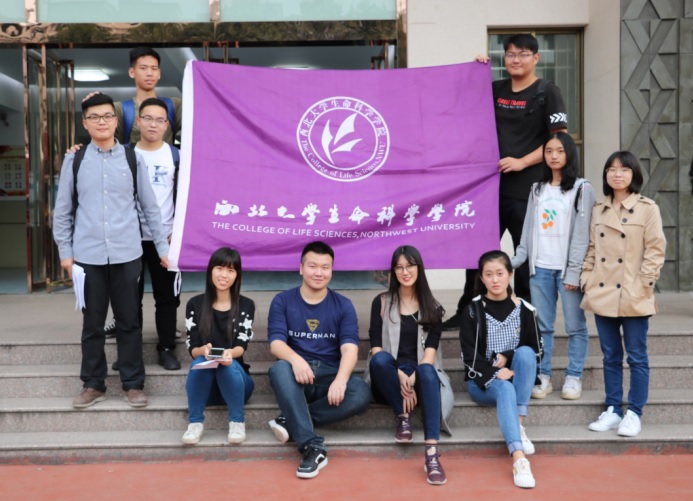Public Engagement
Overview
This year our team designed a questionnaire on biosafety to investigate how well people know about synthetic biology and how acceptable the public is to our projects. Based on our findings, we conducted a series of presentations on synthetic biology for different populations. I hope to increase the public's understanding of synthetic biology through our publicity.
Aim
1.To see the acknowledge of biology and synthetic biology of public.
2.To popularize knowledge about synthetic biology.
3.To change people's perceptions of microbes.
4.To advertise our project to public.
5.To introduce some basic principle and safety in laboratory to public.
Questionnaire
Introduction
Last year we did a questionnaire about biosafety. This is the second year that we participate iGEM. Since this year more students showed their interests about iGEM, our curiosity came out. We want to survey the popularity of iGEM. According to the cognitive of synthetic biology of people and the view for our project, we designed a questionnaire about these two parts. We did online and offline survey and the result was better than our expectation.
Methods
Online: We made an online survey about synthetic biology and our project. By passing it to students in our college or other college and their friends and relatives, we received a lot of feedback from 5~50-year-old people.
Paper questionnaire: We also made paper questionnaire with the same questions as online survey. It’s mainly used to students from middle school. We also passed paper questionnaire to students in our college by handing out in living area in our college.
Sampling survey: After we received the results of questionnaire, we took 20% sample out to figure up the data, which is shown below.
Interview: We visited two professors in Northwest A&F University. They gave us some suggestions about our project which is shown in our intergrated page (https://2018.igem.org/Team:NWU-China/Intergrated).
Detail Data
Q1:How old are you?
First of all we collected suggestions from many people in all age from many fields online. They mainly are teenagers and middle-aged people.


Q2:Do you know synthetic biology?
Three fourth of the people we surveyed are 17~28 years old. Most of them have a brief understanding about synthetic biology. Only a little of them said they were very interested in synthetic biology and willing to research it.
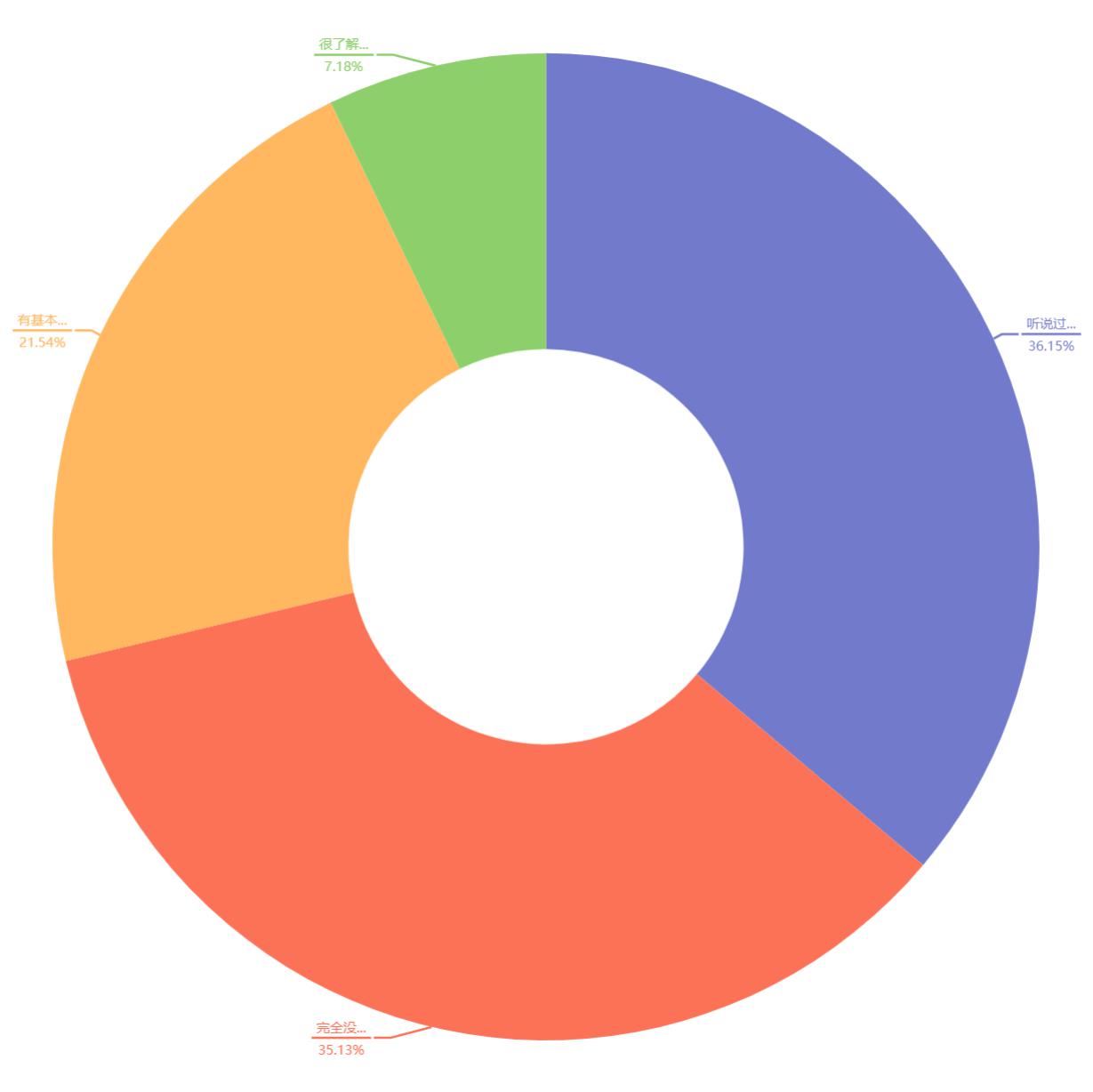

Q3:How do you think about synthetic biology?
We surveyed how people understand synthetic biology and the data is shown below.
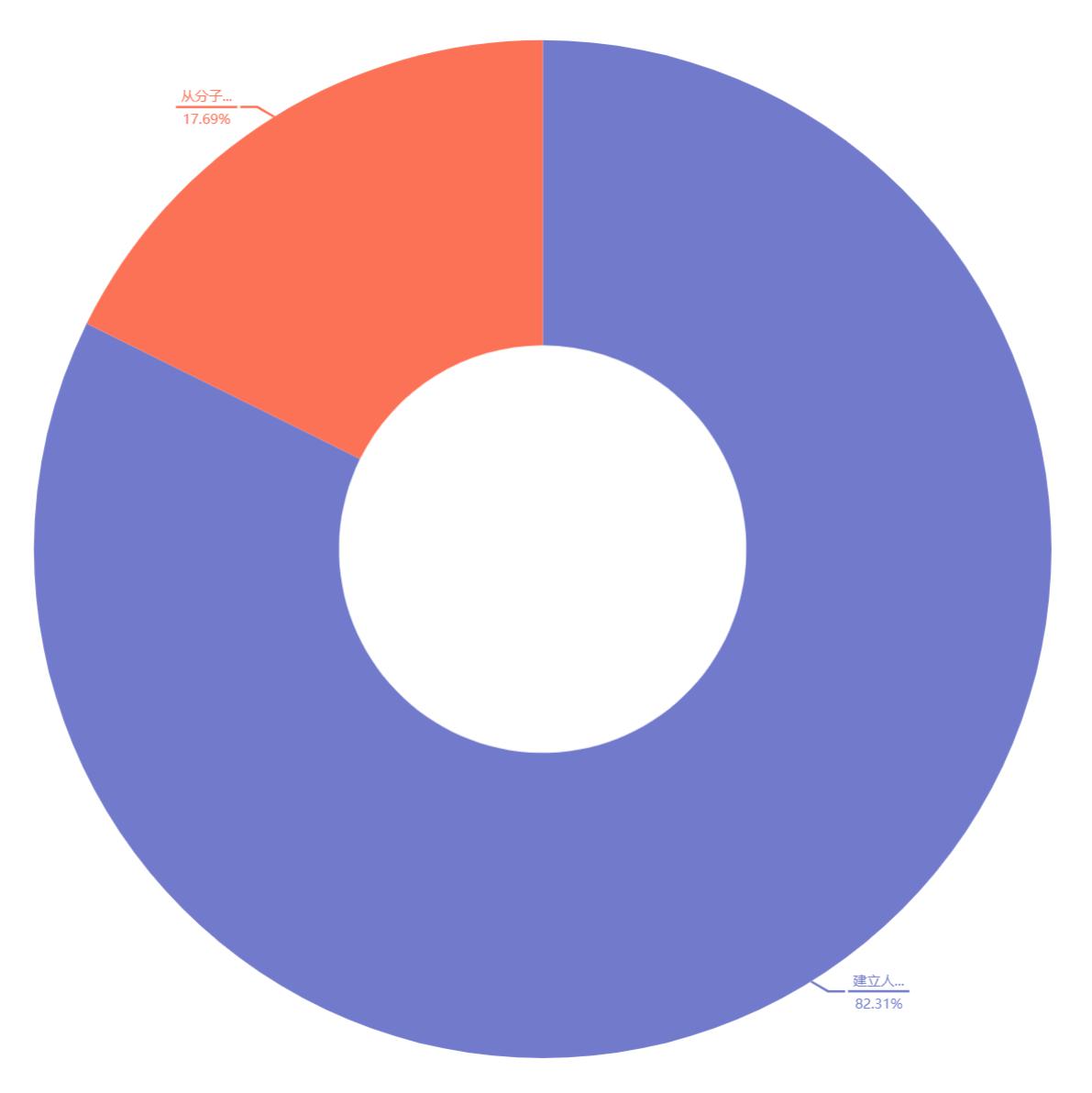

According to the data, many people think synthetic biology is close to artificial expression system to express recombinant gene. This result is basically identical to the concept of synthetic biology.
Q4:Have you heard of iGEM?
We surveyed the acknowledge of people about iGEM.
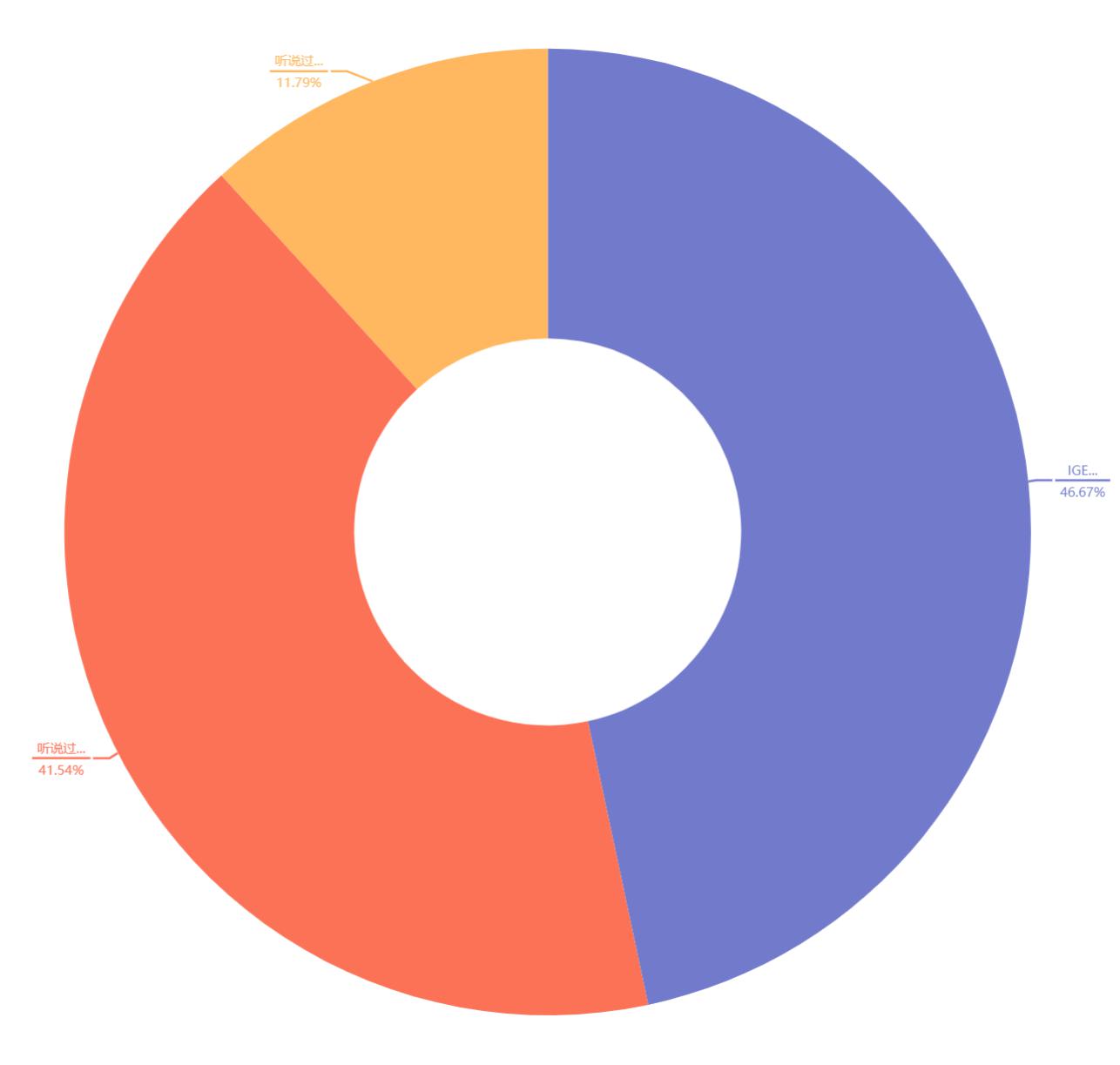

The result is that about half people don’t know much about it. At the same time, one tenth people wants to join the competition.
Q5:Do you know saline-alkali land in China?
Then we designed this question based on our project and the aim is to know how people think about saline-alkali land. The data we collected is shown below.
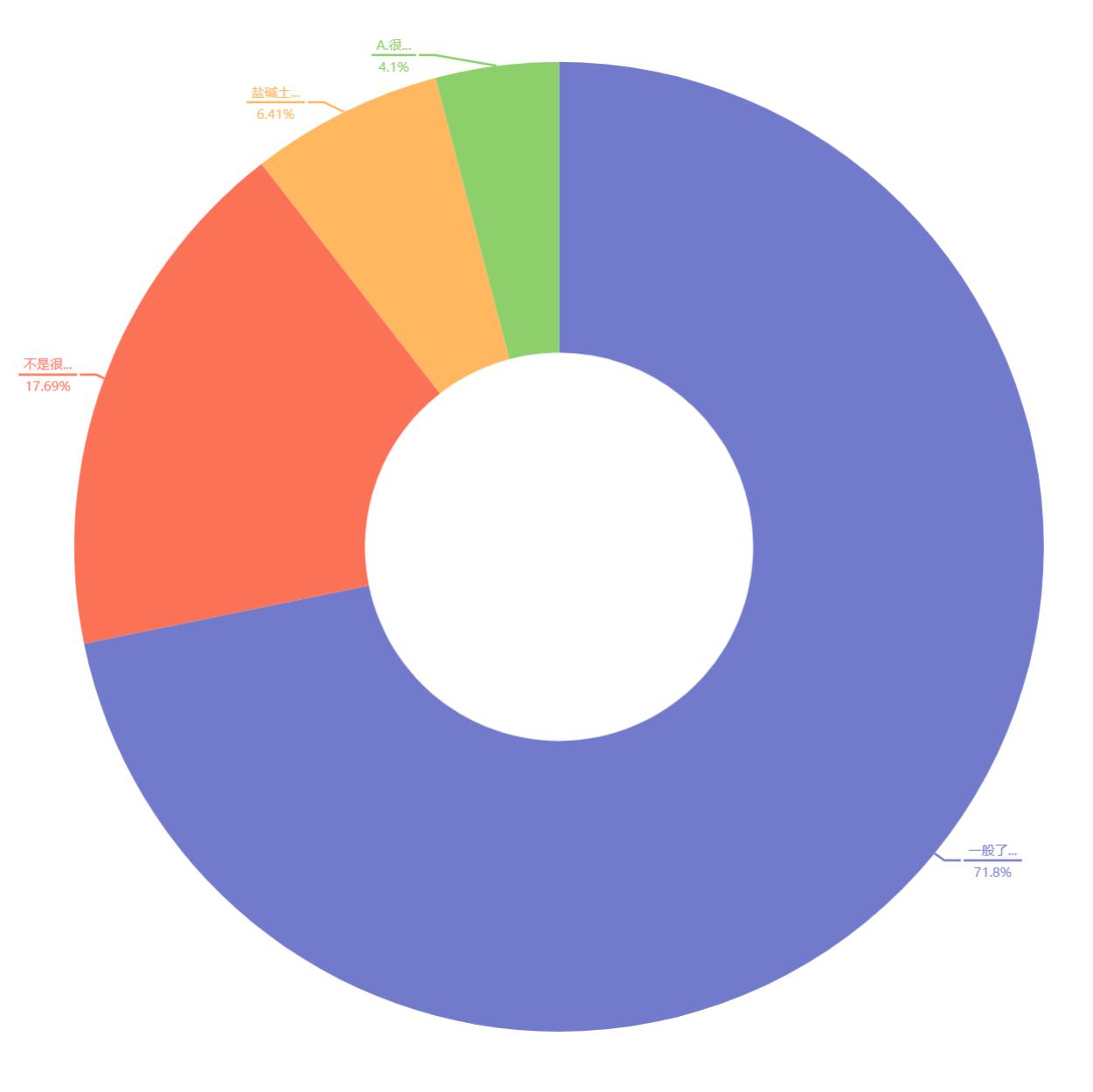
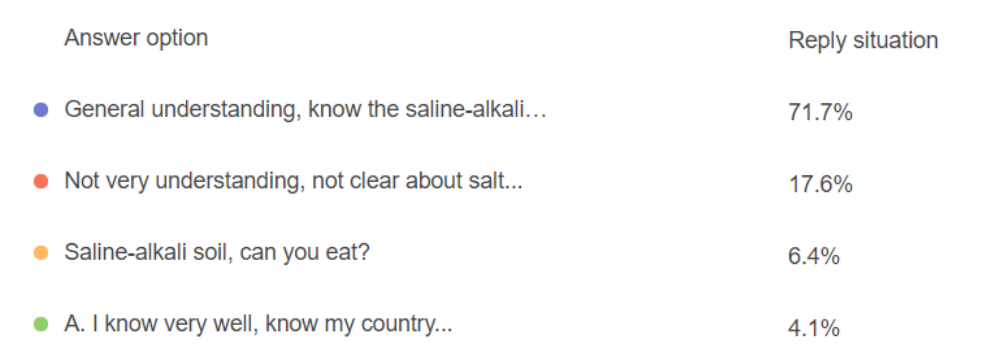
The result shows three fourth people only have basic acknowledge about saline-alkali land. They just know the harm of it but they don’t know how it comes out. It shows that saline-alkali land doesn’t draw people’s attention enough.
Q6:If there’s a bacteria transformed to ease the saline-alkali land and is rich around root level, are you willing to eat the crops growing on this soil?
This question is designed to get aware of people’s attitude about biology.
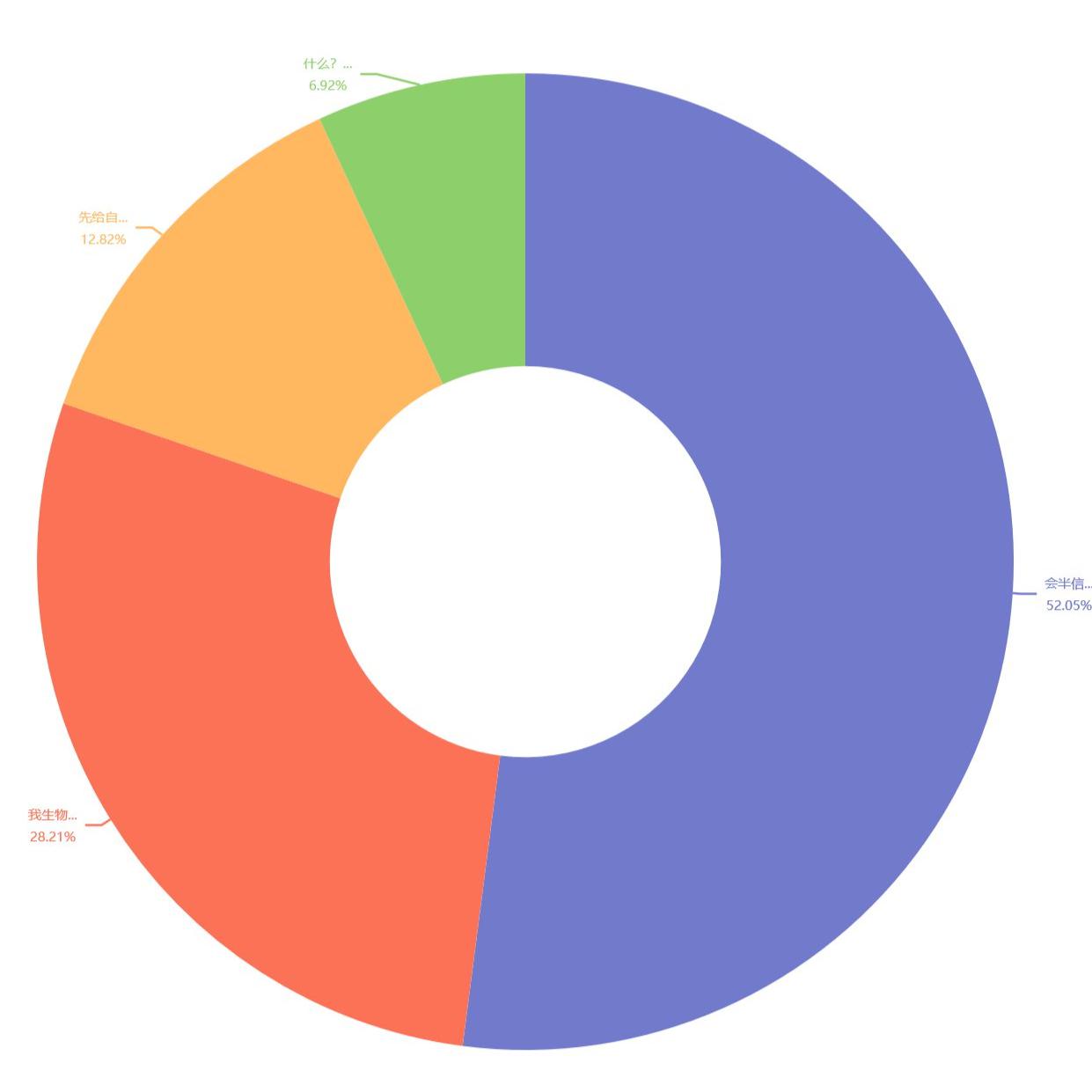
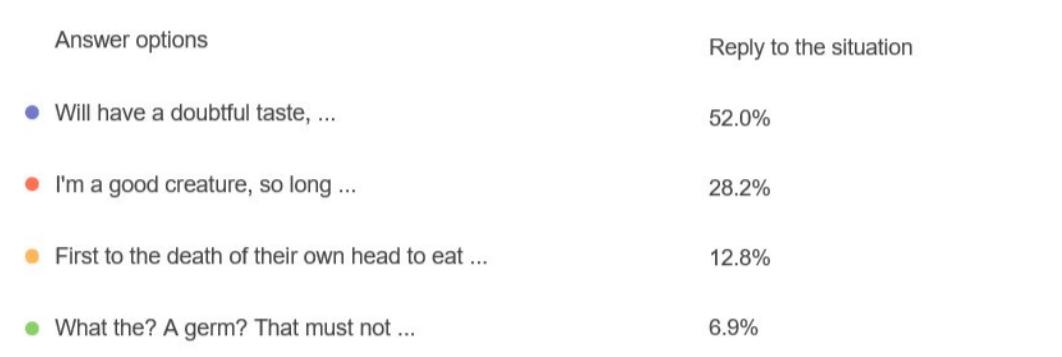
The data shows that over a half people are uncertain about the crops growing with artificial transformed bacteria. The survey shows there’re still many people have understanding deviation of synthetic biology. So we expect that synthetic biology can be spread wilder and promote people’s life actively.
Q7:If you joined iGEM, which track will you choose to be your project?
At last we surveyed about the hot point about iGEM. In these choices, most people choose “food and nutrition”. “Gene diagnosis” and “environment” are flat. Only a little people choose “energy” and “information”. This is a little different from what we guess.
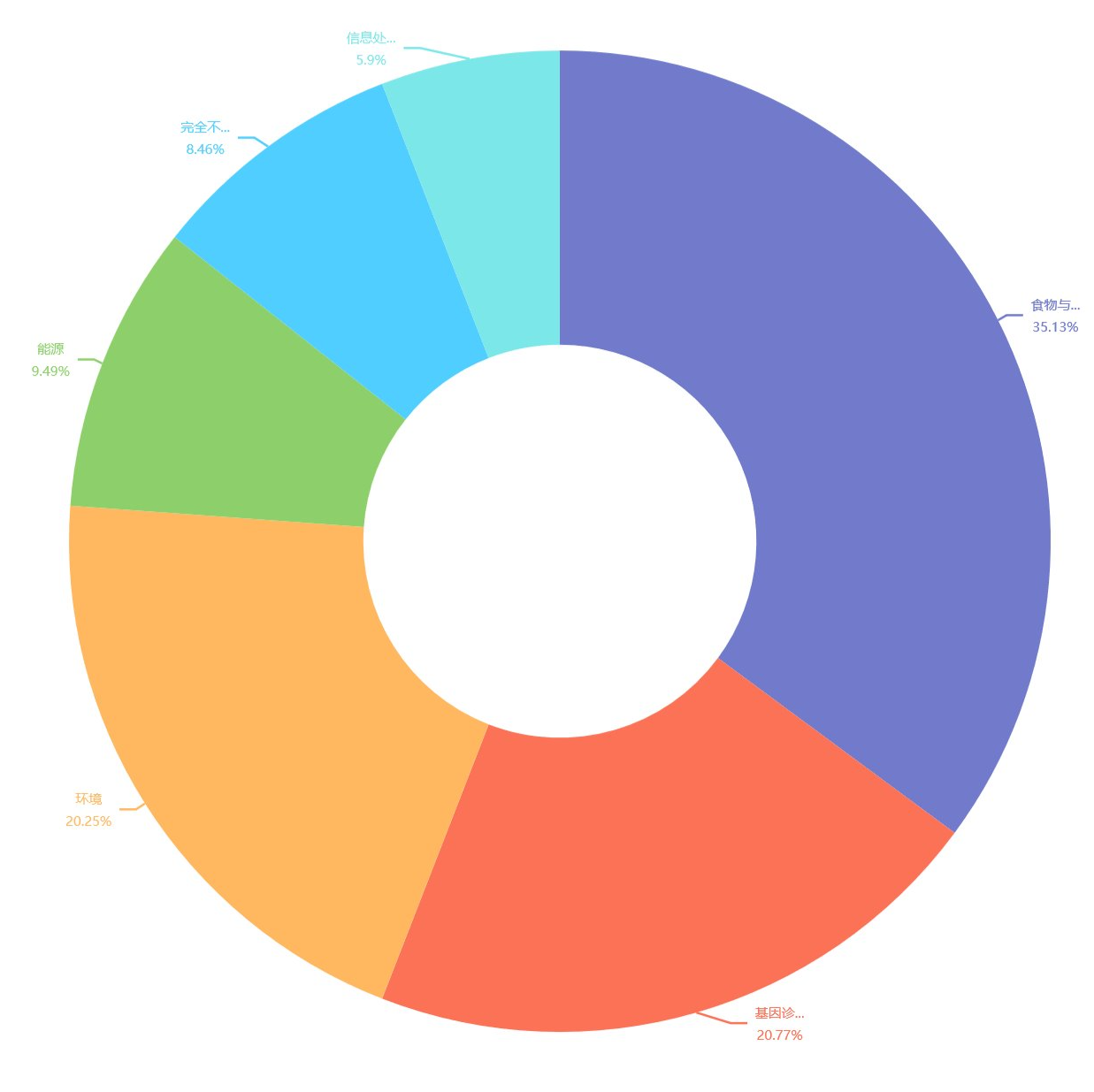
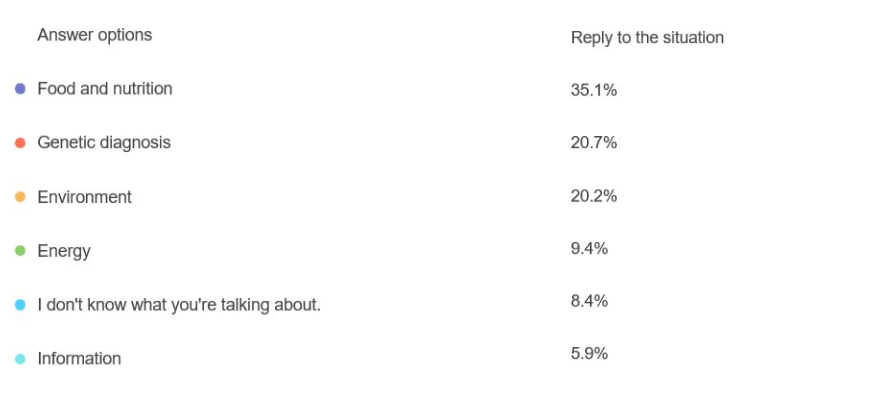
Result
According to the online questionnaire and sampling survey offline,we found that some people don’t know about synthetic biology while they showed interests in it. They are willing to have a deep acknowledge of synthetic biology, who are mainly 5~28 years old.
We asked them about their attitude towards synthetic biology, finding there’re different views from different ages.
At the same time, we collected the opinions to saline-alkali land and our project from public. The data is used to predict the accessibility of our project. We found some doubts of our project was the result of the strangeness of bacteria and synthetic biology.
Towards this phenomenon, we started public presentations about synthetic biology. For different ages of people, we adjusted presentation details. We want to increase the favorability of biology of public by our presentations in which we tried to popularize biology knowledge so that we can appeal more people knowing and joining us.
Public Engagement
In 29th September 2018, our team visited the Middle School attached to Northwest University. Since the professor Edvard Moser who won Nobel Prize in physiology or medicine gave a speech to Northwest University in 26th, our team got connection with the Middle school attached to Northwest University.
The headmaster of the middle school invited our team to give students a presentation because their students have shown great interest in biology. So in 29th, we visited the middle school to give a lecture to Grade 8.

Our team members separated into 7 classes. All members use different ways to teach students basic biology and synthetic biology in a brief. We also introduced the information about iGEM and the project of our team. Some students were so active that they even said they want to attend the competition. After presentation, we had a finding differences game. During playing time, we taught students safety norms in laboratory.
At last, we handed out our self-made questionnaire to students. All students finished the survey.
In 6th October 2018, our team visited the Middle School attached to Northwest University again. The teachers in Senior Three invited our team to give a presentation to students to encourage them since they will attend the Collage Entrance Exam soon. During the presentation, some students were impressed by iGEM competition. They said they wanted to join the competition in collage. Some of them even wanted to be admitted to our NWU. About our project, some students who have their thoughts gave us suggestions to improve our project.

The cooperation with the Middle school attached to Northwest school has given us great help in our human practice. Before we leave, the teachers expressed their expectation to us that we can get good grades in the Jamboree 2018.
